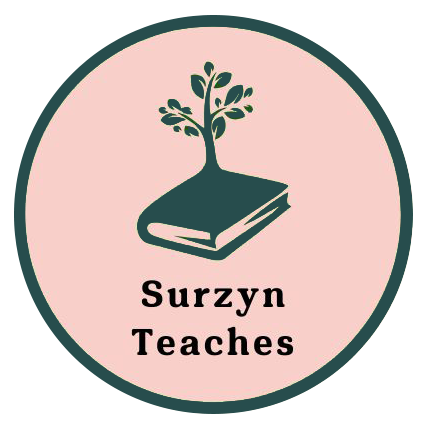Yuval Noah Harari and Lisa Feldman Barrett both write about construction: in Sapiens Harari underlines how culture is a human construct, subject to consistent change, while in 7 1/2 Lessons about the Brain, Feldman tells us that our brain constructs our reality, and that reality is shaped by the cultures we live in and move through. These concepts lend to my hopefulness because each year I have witnessed teenagers, with very little experience in construction, build emergency homes from scratch in marginalized communities. If they are capable of constructing homes over the course of a weekend, surely we can construct a culture of service based on empathy, hard work and generosity.
“Social reality is an incredible gift. You can simply make stuff up, like a meme or a tradition or a law, and if other people treat it as real, it becomes real. Our social world is a buffer we build around the physical world…Our behaviors can also change social reality”
(Feldman, 7 1/2 Lessons about the Brain, “Our Brains Can Create Reality”)
From that first day in 2016 when my student approached me to be the mentor for the Techo club, we started constructing a culture of service at our school. I love working with the NGO Techo because they really avoid that “hero” complex of “helping,” rather they have always been focused on how volunteers can interact and integrate with the community they are in working in, to learn from the people living there in order to understand how poverty is a systemic problem that cannot be solved in a weekend of building houses. These are the ideas I’ve been trying my best to teach with every year that we organize a Techo construction, especially in preparation for the construction and during the debriefing.



Photos from 2021 Techo Construction when students organized on their own to go work in the community, El Rehilete, Zapopan
“AFTER THE AGRICULTURAL REVOLUTION, human societies grew ever larger and more complex, while the imagined constructs sustaining the social order also became more elaborate. Myths and fictions accustomed people, nearly from the moment of birth, to think in certain ways, to behave in accordance with certain standards, to want certain things, and to observe certain rules. They thereby created artificial instincts that enabled millions of strangers to cooperate effectively. This network of artificial instincts is called ‘culture’.”
(Harari, Sapiens, “The Arrow of History”)
Harari’s definition of culture as a construct where strangers cooperate within a “network of artificial instincts” gives me hope that albeit we have created a culture of greed and competition, we can also change our culture, since cultures are in constant flux, as a result of internal contradictions that don’t make sense within a culture. For example, it doesn’t make sense that in today’s modern world, less than 30 minutes from where I live in the cosmopolitan city of Guadalajara, people live without access to plumbing and electricity. Having students understand, that just a drive away from their very comfortable homes, people are living in such opposing conditions, feels like what education should be: an insight into reality.
“Every culture has its typical beliefs, norms and values, but these are in constant flux. The culture may transform itself in response to changes in its environment or through interaction with neighbouring cultures. But cultures also undergo transitions due to their own internal dynamics. Even a completely isolated culture existing in an ecologically stable environment cannot avoid change. Unlike the laws of physics, which are free of inconsistencies, every man-made order is packed with internal contradictions. Cultures are constantly trying to reconcile these contradictions, and this process fuels change.”
(Harari, Sapiens, “The Arrow of History”)






Photos from the March 2022 Techo Construction in El Manantial, Tlajomulco de Zuñiga
Claire Bennett and Daniela Papi in their extremely helpful article “From Service Learning to Learning Service” share an important idea about what service learning should look like. Often we go with the mindset, “Hi, I’m here to help you!” but we believe the message needs to be “Hi, I’m here to learn from you about how I can help—now or in the future.” And while their article is about learning service while traveling, I relate it so much to our Techo trips because while we only drive to another neighbourhood, it often feels like we’ve gone to another country. Their concept of learning service “focuses on learning that comes first and throughout, allowing travelers to recognize that to help others, they must be open to changing their own perspectives.” And so with my students creating or changing their perspectives, I can see that a culture is developing, at least on the micro level at my school. I can see it with the amount of students consistently interested in being part of the construction, from 30 students that first year, 2016, to a 100 students in 2020, to students organizing completely independently when we couldn’t organize anything official because of the pandemic in 2021. Finally, I hear it in the way they talk about Techo to other students and amongst themselves. A student recently wrote about Techo:
“Before showing why TECHO is an important step towards solving poverty in Guadalajara, we need to establish that TECHO doesn’t help poor people. TECHO is an organization that works together with the people in impoverished communities, to form a sense of brotherhood and team work within the community.”


